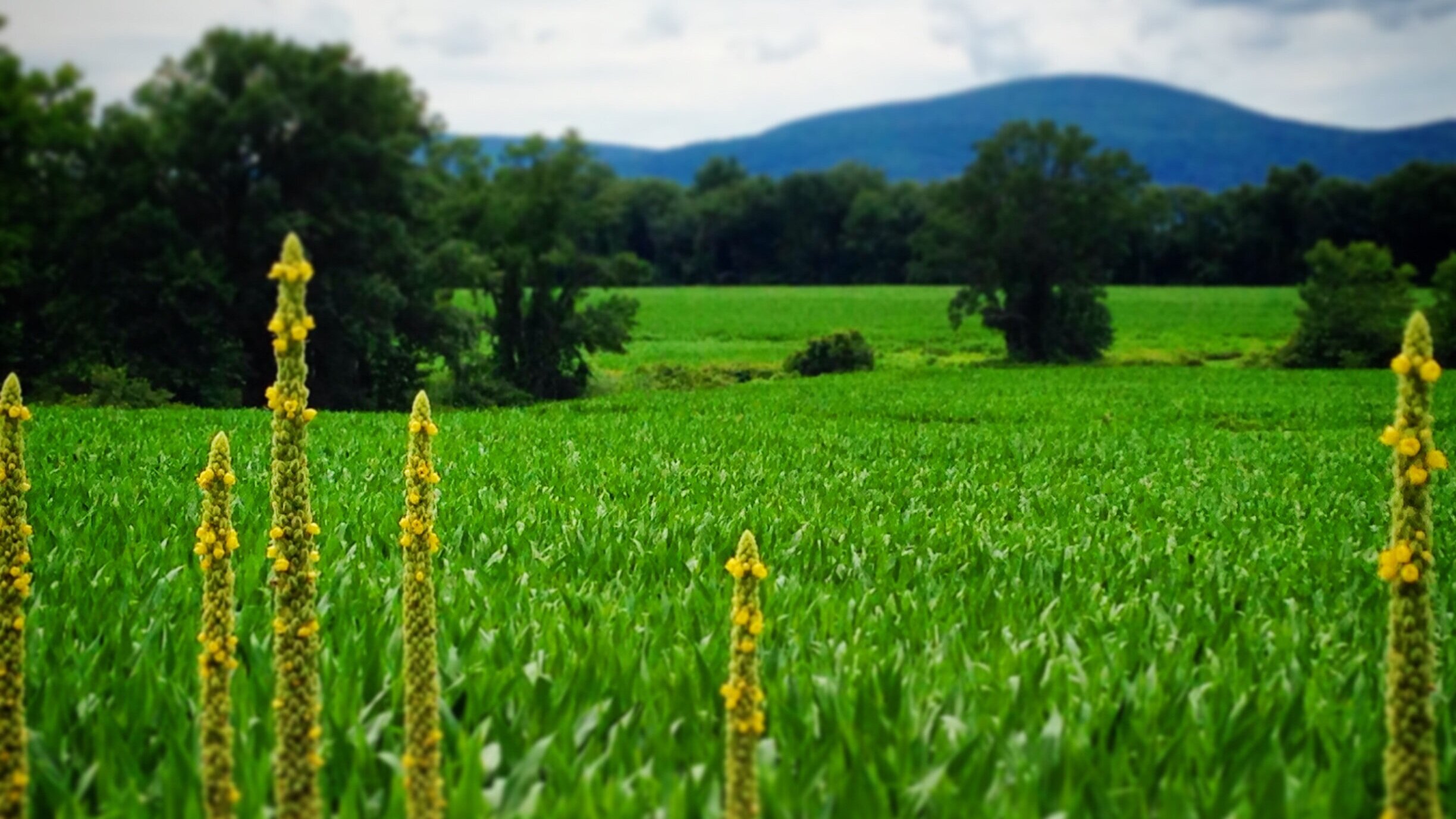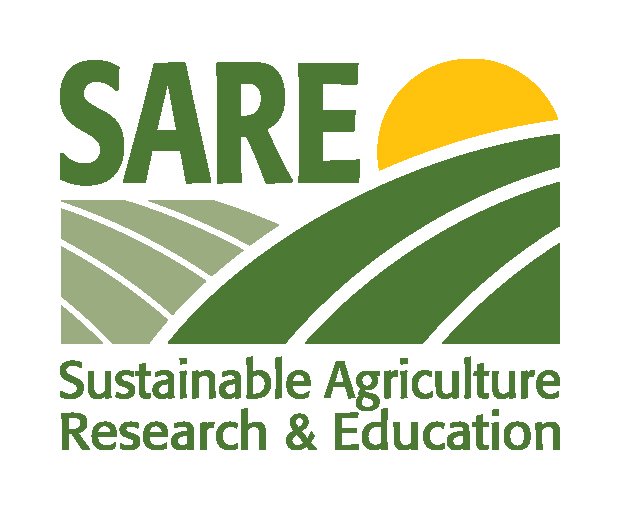
Climate Smart Agriculture
Climate Smart Agriculture is a production approach that realizes agriculture’s potential as a natural climate solution while adapting to the current and future impacts of climate change.
At Berkshire Agricultural Ventures, we help farmers implement climate smart practices in our service area through technical assistance, financial support, outreach, and education. Check out our new video resources on riparian buffers below!
A more climate-resilient food and agriculture system for the Berkshire-Taconic region adapts to the compounding realities of extreme weather, pest and disease migration, biodiversity loss, and increased uncertainty about seasonal weather patterns. Practices rooted in agroecology and focused on soil health management, perennial crops, enterprise diversification, and long-term land rotations can improve farm resiliency and help mitigate climate change by sequestering carbon in soils and reducing risks from extreme weather.
Climate Smart Agriculture projects BAV has supported:
Soil health improvements, no-till, & cover cropping support
Season extension strategies
Energy efficiency improvements
Agroforestry planning & implementation
On-farm pollinator habitats
Supplemental funding to enhance Natural Resources Conservation Service (NRCS) and other grant programs
On-farm water management and irrigation efficiency
Business planning and market analysis
To learn how BAV can help you adapt your practices for climate change, please contact Program Manager Ben Crockett at ben@berkshireagventures.org or 413.238.1822.
NEW! Riparian Buffers - Video Resources for Farmers
Riparian buffers are an important way to protect farmland and improve water quality, yet creating these buffers can sometimes reduce access to productive farmland and be complicated to implement. Utilizing multi-functional riparian buffers is a way to realize the benefits of riparian buffers, while also incorporating plant species that add production and value to a farm business.
Check out these two video resources to learn more about multi-functional riparian buffers. The videos were created as part of a project supported by Northeast Sustainable Agriculture Research and Education (SARE). BAV thanks videographer Paul Thompson from Forge Media for crafting these videos.
Please feel free to reach out to BAV if you’d like to learn more about the resources available to help you implement your own riparian buffers.
Multi-Functional Riparian Buffers - An Explainer Video
Riparian Buffers on the Farm - Learning from Area Farmers
This material is based upon work supported by the National Institute of Food and Agriculture, U.S. Department of Agriculture, through the Northeast SARE program under sub-award number ENE22-177, and managed by a partnership between Berkshire Agricultural Ventures, Propagate, and Landscape Interactions.
BAV is excited to offer Climate Risk Planning for your farm!
This planning process will help you identify climate-related risks to your current and future farm operations. Reach out to Program Manager Ben Crockett to learn more about the process.
Client Stories | Climate Smart Agriculture
Adamah Farm
BAV awarded a Resilience Fund grant to Adamah Farm in Falls Village, CT to assist in transforming a 25-acre parcel of sloping grass into a food-producing orchard centered around Chinese chestnuts, a blight-resistant variety increasingly popular in the Midwest and Northeast region due to its demand and productivity as a tree crop.
Adamah Farm raises goats, chickens, herbs, fruit, operates a 3-acre organic vegetable CSA, food access projects, and a fellowship program that teaches regenerative ways of living with the land in the context of an intentional Jewish spiritual community.
Northwest Conservation District
Northwest Conservation District was awarded a grant from BAV for its “Cover Crop Challenge” project and workshop geared to educate farmers on cover crop management and benefits.
BAV’s grant provided free cover crop seed to participating farmers in Litchfield County and covered the cost of pre- and post-project soil testing and soil health assessment, an important tool which is often too expensive for farmers to underwrite on their own. Information gained by comprehensive soil testing gives farmers a deep understanding of the status of their soils and helps them realize the full potential for soil health, nutrient capture and cycling, and soil erosion prevention.
Fort Hill Farm
Fort Hill Farm is a family-run, certified-organic farm in New Milford, CT. A grant from BAV allowed them to improve upon already-established farming practices that promote healthy soils, reduce pests, and protect the environment.
BAV’s funding supported the purchase of special equipment needed to establish a no-till system to improve soil health, increase marketable yield of crops, reduce soil compaction and erosion, and to decrease irrigation, compost, and labor costs.
Support BAV
Help us on our mission to build a thriving local food economy. Your support helps us keep our services affordable and interest rates at or near 0% for farmers and food entrepreneurs.




